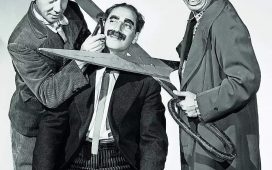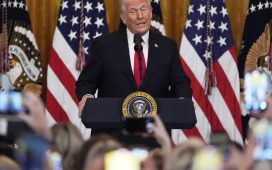
King Parikshit in the Mahabharat having been cursed to die within seven days, embarks on a quest for spiritual enlightenment. Despite his limited time, he demonstrates humility and seeks guidance from sages like Shuka. Parikshit’s willingness to acknowledge his ignorance and learn reflects a positive response to DKE. Conversely, Kansa from the Bhagawat Purana, driven by fear and ego, believes himself to be invincible despite numerous warnings about the prophecy of his demise at the hands of his nephew, Krishn. His arrogance blinds him to the reality of his vulnerability, leading to his downfall.
While the DKE can lead to arrogance if left unchecked, seeking guidance from mentors enables spiritual enlightenment, as demonstrated through timeless lessons. Resonating the spirit, William Shakespeare avers, ‘The fool doth think he is wise, but the wise man knows himself to be a fool.’











